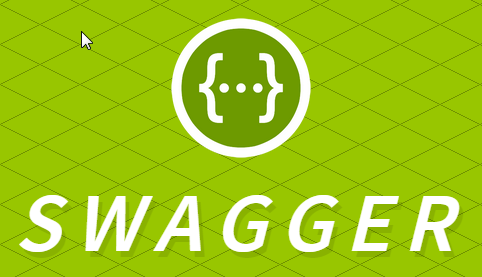Swagger integration for Cowboy (built on trails).
For questions or general comments regarding the use of this library, please use our public hipchat room.
If you find any bugs or have a problem while using this library, please open an issue in this repo (or a pull request :)).
And you can check all of our open-source projects at inaka.github.io.
Simple, because there isn't a tool in Erlang to document Cowboy RESTful APIs easy and fast, and to improve development productivity.
With cowboy_swagger is possible to integrate Swagger to your Erlang projects that use Cowboy as a web server.
It is extremely easy to use, and with just a few steps you'll have a nice Web documentation for your RESTful APIs.
To learn a bit more about Swagger, please check this blog post.
This is the best part. It is extremely easy.
Because cowboy_swagger runs on top of trails, the first thing that you have to do
is document all about your handler within the trails metadata. Keep in mind that
all fields defined within each method into the metadata must be compliant with the
Swagger specification.
For example, suppose that you have example_echo_handler, so it must implement the trails/0
callback from trails_handler behaviour:
trails() ->
Metadata =
#{get =>
#{tags => ["echo"],
description => "Gets echo var from the server",
produces => ["text/plain"]
},
put =>
#{tags => ["echo"],
description => "Sets echo var in the server",
produces => ["text/plain"],
parameters => [
#{name => <<"echo">>,
description => <<"Echo message">>,
in => <<"path">>,
required => false,
type => <<"string">>}
]
}
},
[trails:trail("/message/[:echo]", example_echo_handler, [], Metadata)].To get a better idea of how your handler should look like, please check here.
First, you need to include cowboy_swagger_handler module in your list of trails to be compiled.
% Include cowboy_swagger_handler in the trails list
Trails = trails:trails([example_echo_handler,
example_description_handler,
cowboy_swagger_handler]),
% store them
trails:store(Trails),
% and then compile them
Dispatch = trails:single_host_compile(Trails),The snippet of code above is usually placed when you start cowboy. Check it here.
Then add cowboy_swagger to the list of apps to be loaded in your *.app.src file.
{application, example,
[
{description, "Cowboy Swagger Basic Example."},
{vsn, "0.1"},
{applications,
[kernel,
stdlib,
jiffy,
cowboy,
trails,
cowboy_swagger
]},
{modules, []},
{mod, {example, []}},
{registered, []},
{start_phases, [{start_trails_http, []}]}
]
}.And that's it, you got it. Now start your application and then you will have access to the API docs
under the path /api-docs. Supposing that you're running the app on localhost:8080,
that will be http://localhost:8080/api-docs.
Additionally, cowboy_swagger can be configured/customized from a *.config file:
[
%% Other apps ...
%% cowboy_swagger config
{cowboy_swagger,
[
%% `static_files`: Static content directory. This is where Swagger-UI
%% is located. Default: `priv/swagger`.
%% Remember that Swagger-UI is embedded into `cowboy-swagger` project,
%% within `priv/swagger` folder. BUT you have to reference that path,
%% and depending on how you're using `cowboy-swagger` it will be different.
%% For example, assuming that you want to run your app which has
%% `cowboy-swagger` as dependency from the console, `static_files` will be:
{static_files, "./deps/cowboy_swagger/priv/swagger"},
%% `global_spec`: Global fields for Swagger specification.
%% If these fields are not set, `cowboy_swagger` will set default values.
{global_spec,
#{swagger => "2.0",
info => #{title => "Example API"},
basePath => "/api-docs"
}
}
]
}
].For more information about cowboy_swagger and how to use it, please check this Example.
